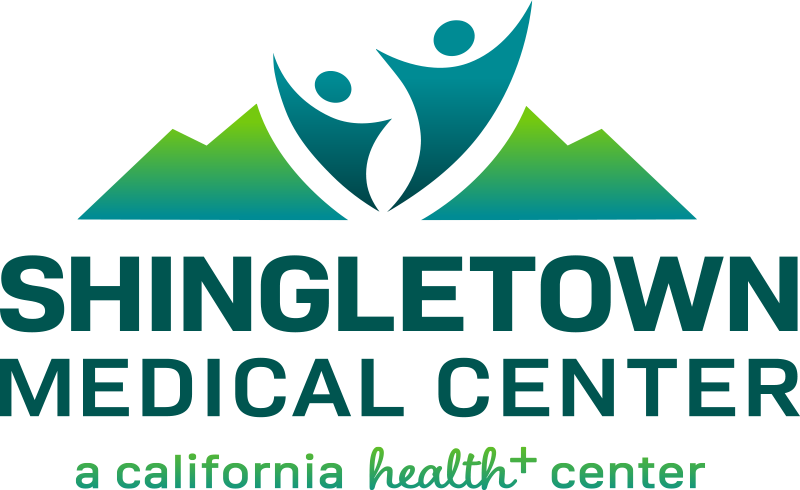Oral Health Affects Your General Health
Summer vacation time is here.
Don't slip into vacation mode when it comes to oral health care. Your oral health affects your overall health. Oral health problems are also more likely with certain diseases or medical conditions.
Oral Health and Nutrition
If you have problems like missing teeth or tender gums, it can affect your ability to chew your food properly. Chewing is the first step in the digestive process. Saliva is what starts digestion, so too little chewing can cause problems. People with oral health issues may also avoid some foods. Limiting your diet means limiting your nutrition as well.
Oral Health and Your Heart
Bacteria from your mouth can cause an infection. If that infection spreads through the bloodstream, it can cause an infection called endocarditis in the heart. Endocarditis can damage the heart muscle. Infections in the heart have also been linked to heart disease, clogged arteries and stroke.
Medications and Oral Health
If you take medications for any reason, they can affect your oral health. The most common problem occurs when saliva flow is reduced. You saliva helps protect your teeth by neutralizing acids. Less saliva increases the risk of tooth decay and infections. Medications like decongestants and antihistamines lead the list, as they make your mouth dry. This includes over-the counter medications. Painkillers, diuretics (water pills) and antidepressants have the same effect.
Oral Health and Disease
Some diseases increase the risk of problems with your oral health. Diabetes increases the risk of gum disease. If you have gum disease it can make it harder to manage your blood sugar. Regular dental care improves blood sugar control. Other diseases that can cause oral health issues include HIV/AIDS, osteoporosis, eating disorders, rheumatoid arthritis and Alzheimer's disease.
Prevention Strategies
Keep up with the basics – floss daily and brush twice a day. Eat lots of fresh veggies and foods high in calcium like leafy greens, milk and cheese. See a dentist every six months for a professional cleaning. Stay hydrated with water, not soft drinks. Soft drinks are high in acid, which is hard on the enamel covering your teeth. While the kids are out of school, take them in for preventive exams.
Come see us at the Book & Craft Fair at the library on June 23rd for more dental information.
The staff at Shingletown Medical Center is proud to provide first-class care for you and your family.

